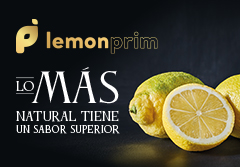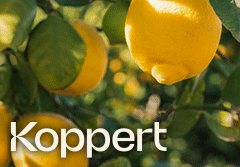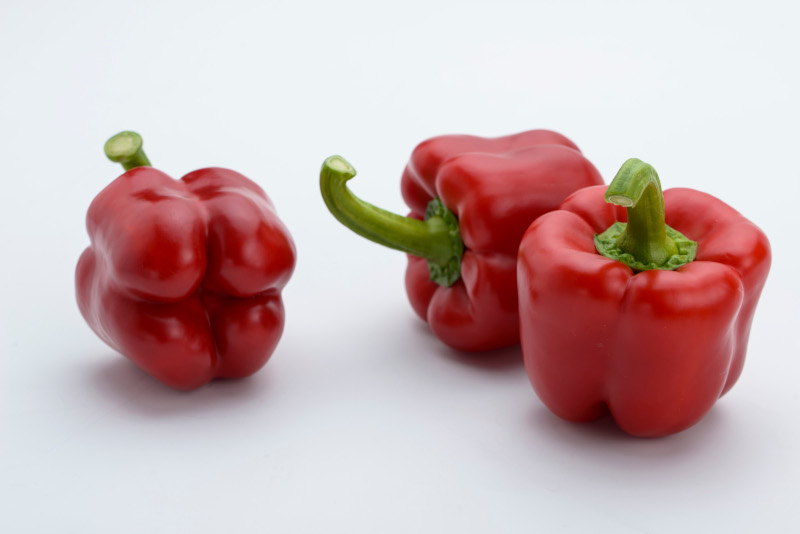The choice of a cycle: early, medium or late, is a strategic decision that the farmer makes in terms of different factors. The most important ones are profitability (sale price/production costs ratio), and planning of the work (if the farmer has other crops.) In Almeria, the late cycle is the most important one at present, particularly due to the good profitability obtained in recent years and the convenience of a crop that requires little workforce. However, this trend can always change if at any time these good results (economically speaking) are altered. In the same way, the high prices at source that have been recorded by other crops in recent campaigns, could moderate this growth in surface area, although Sakata’s forecast is for the surface area covered by this crop to continue to grow over the next few years. A trend that has already been rising over the past 10 years, virtually non-stop.
Sakata has opted for this segment with the launch of Moma. The variety arrives to complete all the California pepper cycles in Almeria, as they previously presented Sibac (early cycle) and Juma (medium cycle). “Sakata feels delighted to be able to complete the California pepper catalogue in this way. Once this circle has been closed, there will be new varieties next campaign with different characteristics that will bring great value to the already high quality peppers produced in Almeria,” explains Javier Pérez, Product Promoter Solanaceae.
Moma is indicated for transplanting from the 25th of July to the 15th of August. It has a strong plant and it behaves well in cold weather. The main advantage of this material is its calibre, which is perfect for export. Additionally, the fruit show exceptional quality, with homogeneous G and GG calibre from the very beginning, and dual aptitude for harvesting green and red, both with a bright, dark colour and a uniform appearance with four segments.
Sakata’s R&D team is carrying out vegetable improvement work on different types of pepper in Almeria and in Murcia. Work that will be reflected over the next few campaigns with the presentation of many varieties with high quality levels.
More resistances
Within the development process, a strategic point for any seed breeding company involves resistances. “It must be taken into account that the incorporation processes of resistances, or vegetable improvement in general, require long periods of time in advance,” affirms Pérez. “If we stop to think and look back with an analytical view, we would be surprised by the amount of improvements and resistances that have been incorporated to pepper varieties in recent years, providing solutions for the true leaders of Almeria’s intensive farming: the farmers.”
Currently, Sakata is working on the improvement or strengthening of existing resistances, and on solutions that their varieties will bring to the challenges that are yet to come.
Another important point in the development process, in addition to viruses and diseases, is the adaptation of the varieties to different weather and environmental conditions. “It is important to carry out the vegetable improvement work near the area where these varieties are going to be developed. This means a fast selection of material that is already adapted to these conditions, ready to go into production.”










